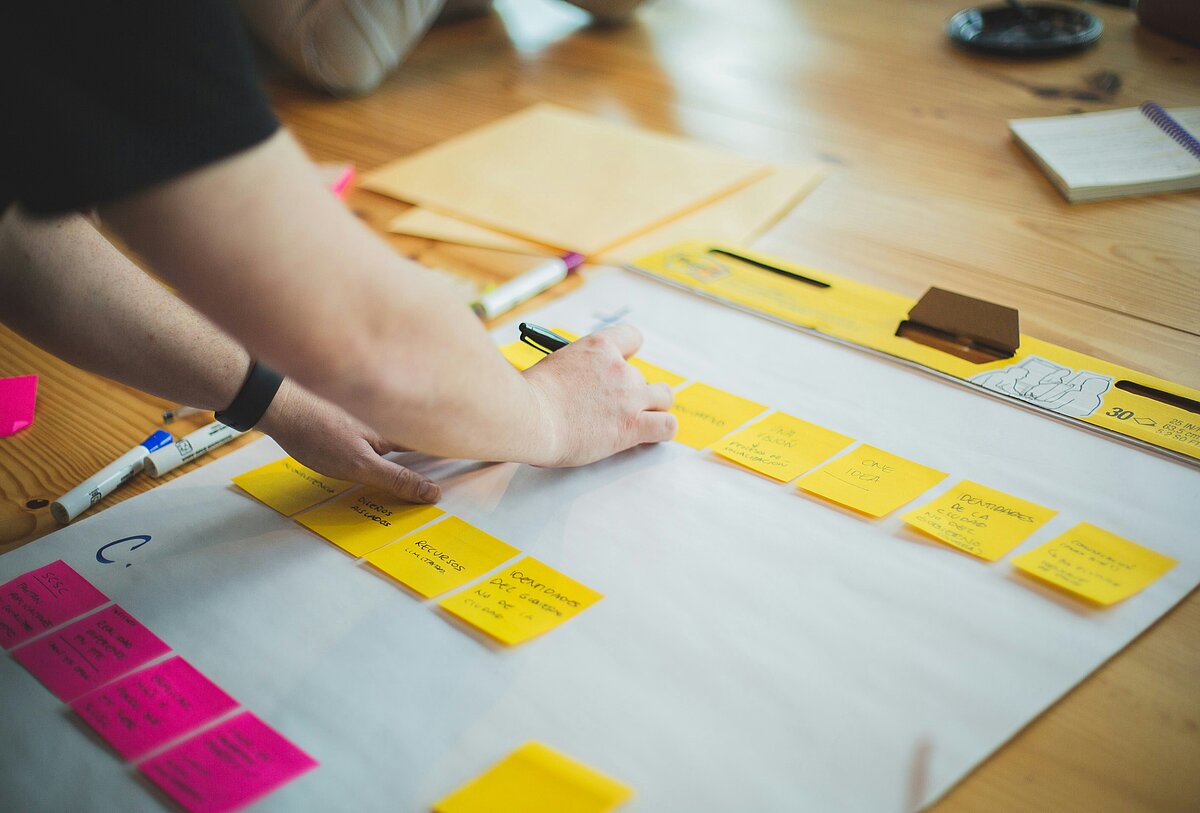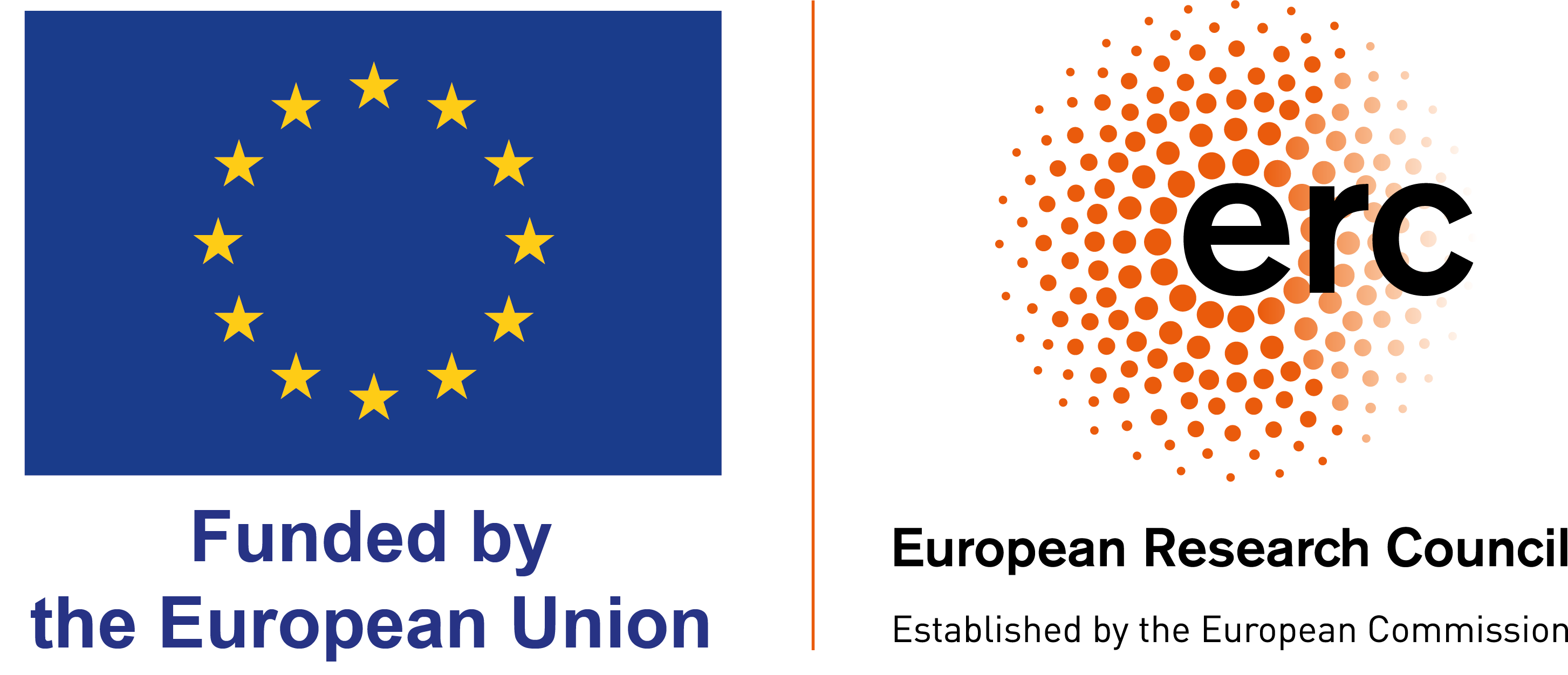

The workshop will bring together WICE project researchers from across Europe to discuss migration governance, media portrayals of minorities, and innovative digital methods, while also serving as a platform for collaboration and knowledge exchange. It will open with a presentation about the WICE project by UL FESS tenured professor and project leader Inta Mieriņa, followed by contributions from project team members Diego Caballero-Vélez, Réka Tamássy, Paride Carrara, and Maria Lompe, as well as invited scholars.
“The workshop will mark the beginning of the five-year ERC Consolidator Grant project at the University of Latvia. It will not only provide an opportunity for participants to meet the project team members, but also to engage in discussions on substantive issues and methodological challenges that lie at the heart of the project’s research agenda. By bringing together perspectives from migration studies, political science, media analysis, and digital research methods, the workshop aims to foster an interdisciplinary dialogue. Just as importantly, it offers a space to explore opportunities for synergies and collaboration, both within the University of Latvia and with international partners, strengthening our collective capacity to address the pressing questions of migration and integration in Central and Eastern Europe,” emphasized I. Mieriņa.
The programme will include a presentation on ecosystems of security and European border politics by Diego Caballero-Vélez, who earned his PhD at the Sant’Anna School of Advanced Studies in Pisa and has held research posts across Europe, and an analysis of minority group portrayals in Hungarian media and political discourse by Réka Tamássy, PhD in Sociology from Corvinus University of Budapest specialising in discourse analysis and minority representation.
It will also feature an introduction to automated text analysis of parliamentary debates by Paride Carrara, who holds a PhD in Political and Social Sciences from the University of Bologna and studies party politics, voter behaviour and computational social sciences, as well as a presentation on digital methods by Maria Lompe, a PhD student at Nicolaus Copernicus University in Toruń researching science and technology studies, disinformation, and Russian influence in the Polish online sphere. The workshop will conclude with a discussion led by Hanna Palli and Hanna Markova.
Event programme available here.
The workshop will take place in person at the Faculty of Economics and Social Sciences, Aspazijas boulevard 5, Riga (Room 322), with the option to join online via this link.
*Project is funded by the European Union. Views and opinions expressed are however those of the author(s) only and do not necessarily reflect those of the European Union or the European Research Council Executive Agency. Neither the European Union nor the granting authority can be held responsible for them.

 CONFERENCE
CONFERENCE